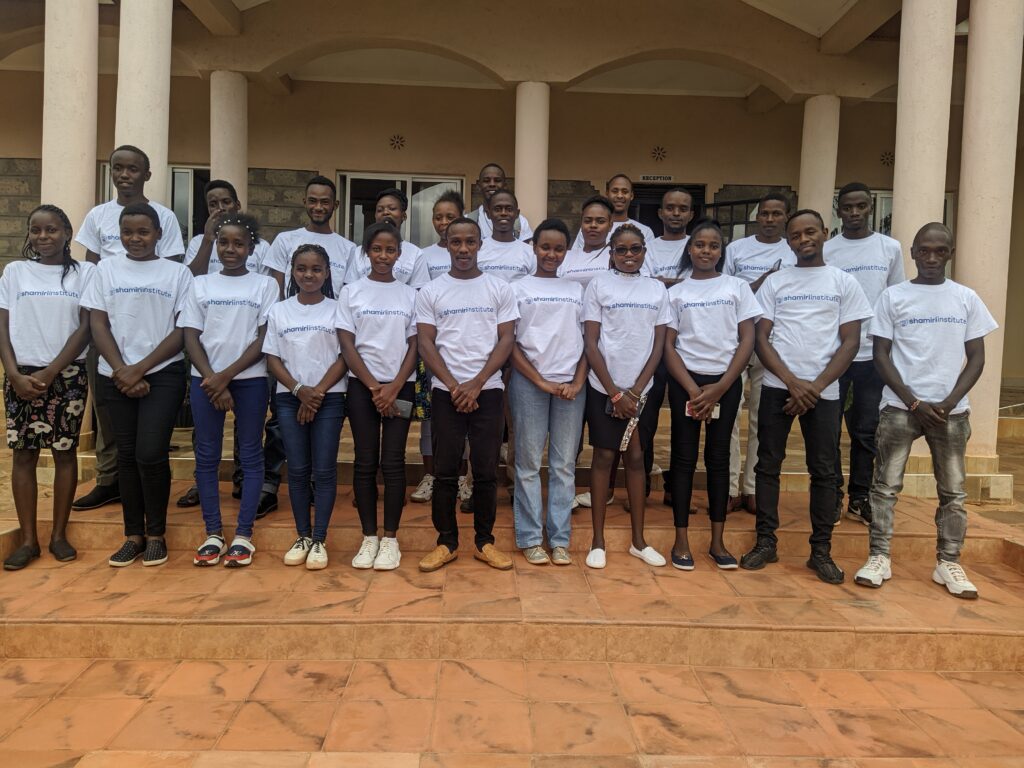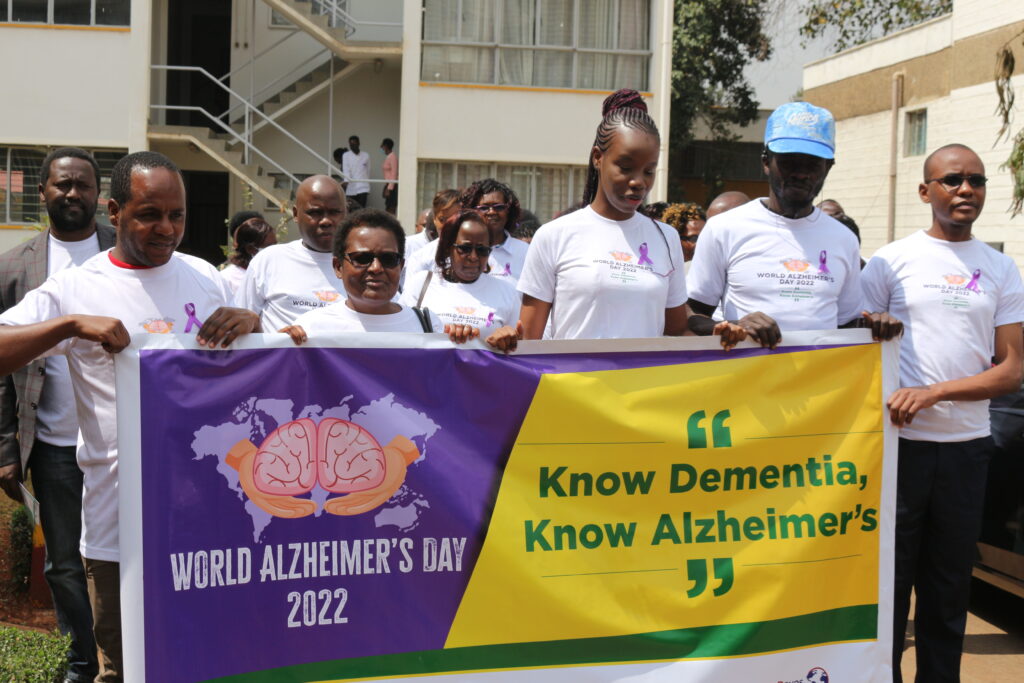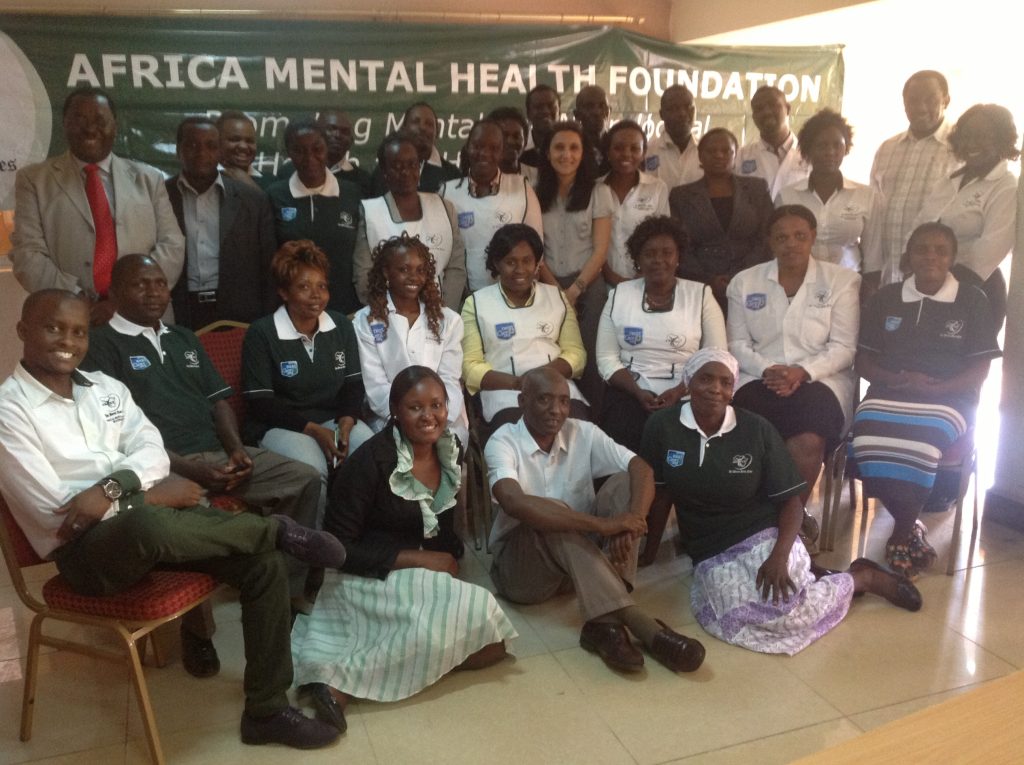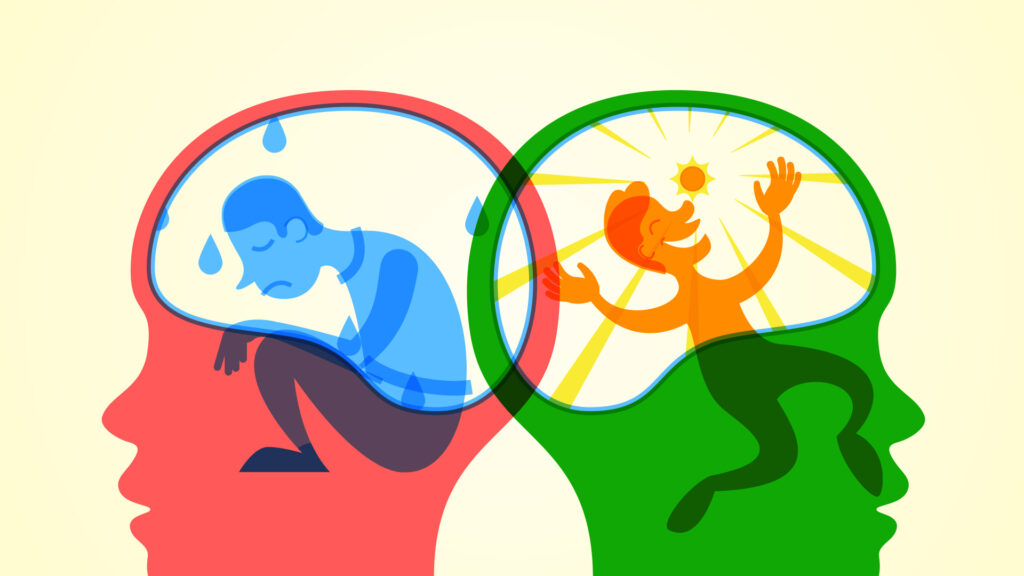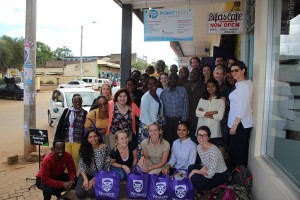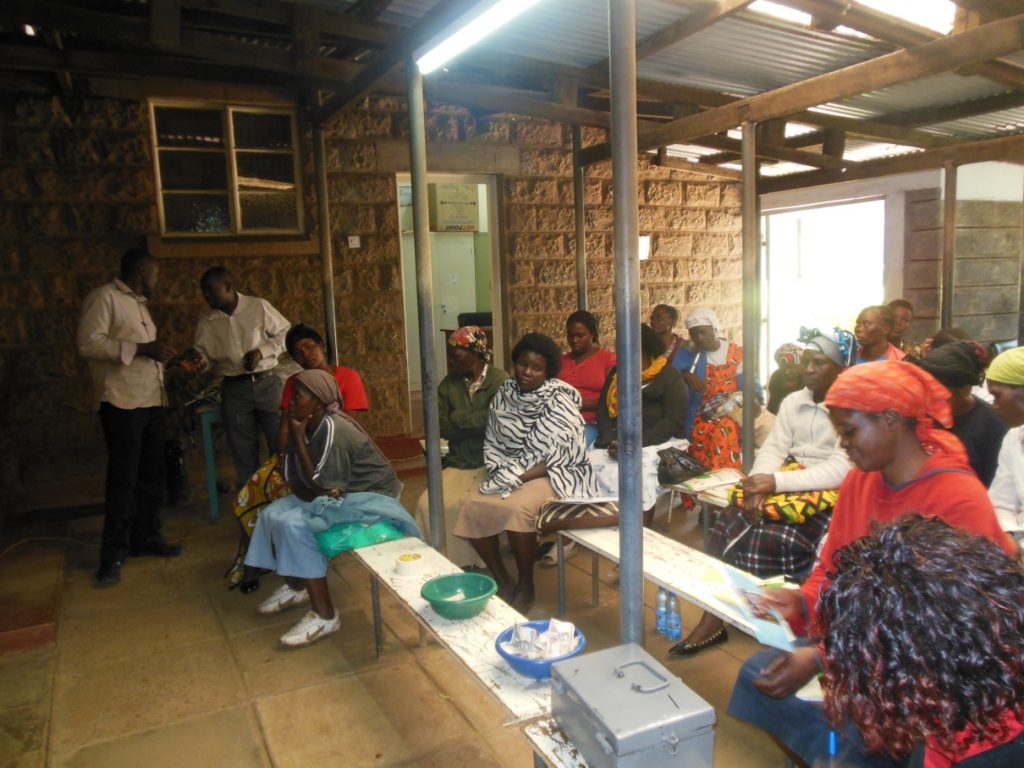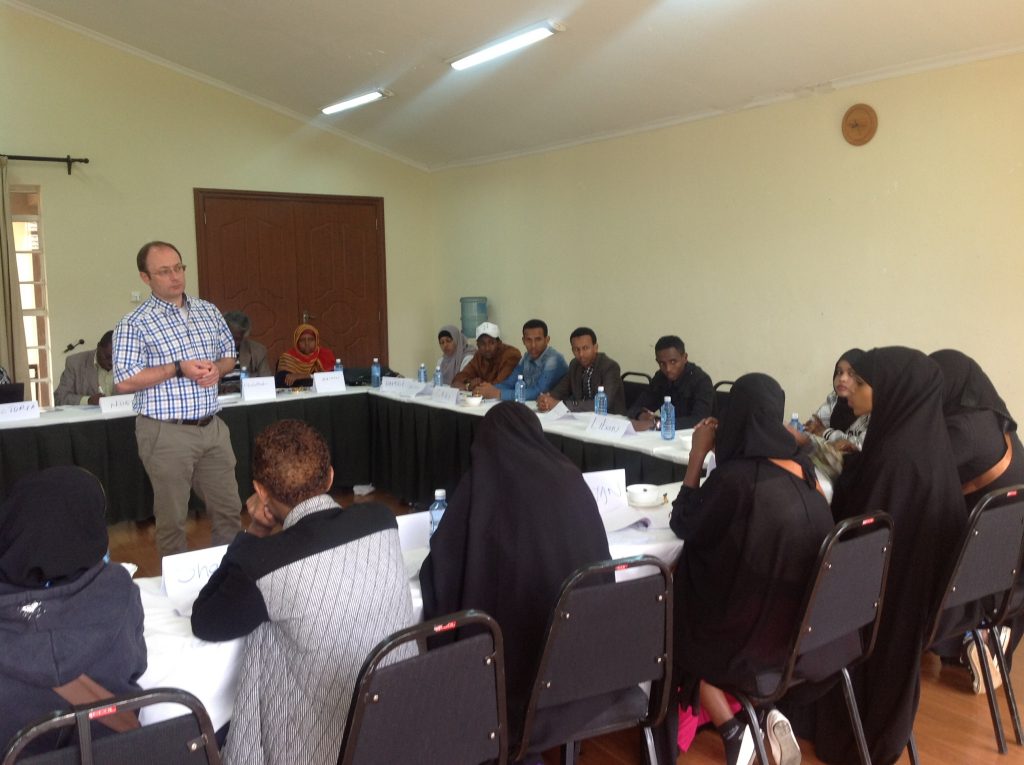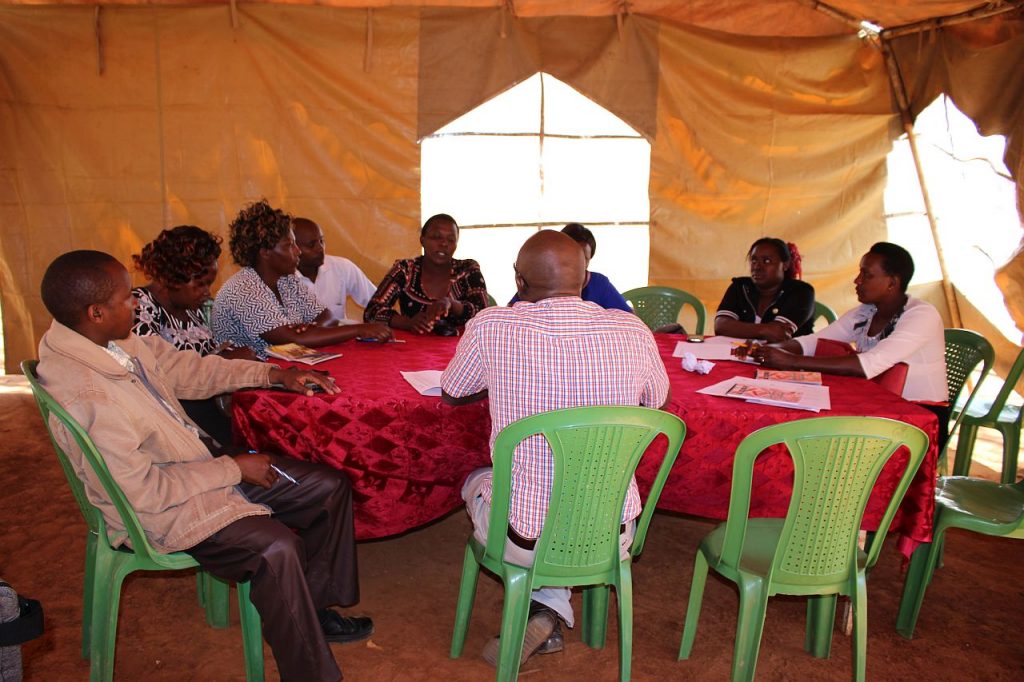Templeton 2
This was a two-phase Randomized Control Trial focusing on long-term health outcomes and dissemination strategies for adolescent character strength interventions. Phase 1 was a follow-up assessing how the intervention has improved adolescent mental health and interpersonal relationships, as well as school grades. Phase 2 was a dissemination of three-character strength interventions (growth mindset, gratitude, and
DEM-SKY PROJECT
In Kenya, many people are currently living with dementia without a formal diagnosis or support; often attributing symptoms to normal ageing, a consequence of past behaviours e.g. stealing from a home that has been protected by witchcraft or being cursed. Dementia screening is not common within Kenya and healthcare workers are not well equipped to
The create project
CREATE will address this gap by developing a locally-viable social business and accompanying evidence-based Recovery-Oriented Psychosocial Rehabilitation Toolkit to employ and support the overall functioning and wellbeing of people living with mental illness. Read more
Long Term Conditions and Mental Health in Kenya: Mainstreaming Community Based Practices
The combination of long-term physical and mental health problems (comorbidity) is one of the most serious public health challenges in the 21st century. However, there is little research into the experience of and care for these comorbid conditions at the community level, and this project aims to address this gap. We plan to improve our
Global MINDS @ Western Summer Institute – Kenya 2017
Global MINDS @ Western is an Interdisciplinary Development Initiative of Western University, Canada with the objective of using social innovation approaches to catalyze the development, implementation, mobilization and evaluation of disruptive solutions for the wicked problem of reducing the global burden of mental disorders and related issues (e.g., suicide). Global MINDS is focused on innovating
MULTI-SECTORAL STAKEHOLDER TEAM APPROACH TO SCALE-UP COMMUNITY MENTAL HEALTH IN KENYA: BUILDING ON LOCALLY-GENERATED EVIDENCE AND LESSONS LEARNED (TEAM)
TEAM aims to effectively integrate mental health services with minimal expenditure of resources, into pre-existing, community-based, government funded, formal and informal health services in Kenya. The project is currently taking place in Makueni County an area without a single psychiatrist. TEAM’s main course is to strengthen effective, self-driven leadership and governance, and to provide comprehensive
The LIPTK Project
Psychosocial Rehabilitation (PSR) provides support to promote successful recovery, community reintegration and improved quality of life for people living with a mental illness or mental health concerns. With increase in income through either entrepreneurship or employment, people who are predominantly exposed to various forms of stigma find an avenue to interact with communities and command
THE COMPUTER-BASED DRUG AND ALCOHOL TRAINING ASSESSMENT IN KENYA (eDATA K)
The purpose of this project was to answer the challenge of integration of screening and core packages of mental health and substance use disorder services into routine primary health care through innovative e-learning technologies. eDATA K aimed to correct these problems by adapting NextGenU.org`s high-quality, globally-available, free-to-use, and low-cost to assemble, computer, peer-, and mentor-supported
The DIALOGUE Project
DIALOGUE was a project that sought to empower, supervise, support and include informal traditional and faith healers to deliver evidence based mhGAP-IG adapted psycho-social interventions to reduce mental health treatment gap in Kenya. DIALOGUE discovered that traditional and faith healers (the clergy) and formal health care workers can collaborate successfully in providing mental health services
The mhGAP-IG mHealth Project
mHealth was a project that aimed at evaluating the applicability of a model that utilized mobile technology to train, supervise, support and monitor application of mhGAP-IG depression module on non-mental health workers. mHealth successfully developed and utilized a mobile phone application software version of the WHO Mental Health Treatment Gap Intervention Guide (mhGAP-IG), to screen


